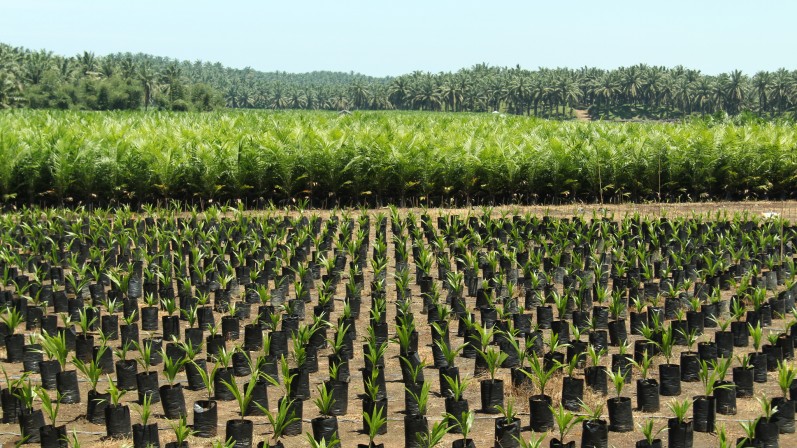The Future of Forest and Land Fire Prevention Efforts during the Pandemic
By Nikodemus AleTeach Me to Love Oil Palm
The palm oil industry is perceived as a pillar of the Indonesian economy, because its growth has rapidly increased over the last decade. However, the accelerated development of oil palm plantations is not as slick as the oil. The allocation of permits to expand oil palm plantations, forest and peatland conversions, fires, and tenure conflicts are still significant unresolved issues. If oil palm plantations are expected to contribute to low-carbon, socially-responsible economic growth, resolving these fundamental issues cannot be put off any longer.
The Indonesian government has never published comprehensive information about the economic value of the palm oil industry. They only declare foreign exchange earnings from the crude palm oil export tax. What about the national cost of ongoing illegal oil palm planting?
The expansion of oil palm plantations into forest areas is believed to contribute significantly to deforestation in Indonesia.
The Center for International Forestry Research (CIFOR) recorded at least 4 million hectares of productive oil palm plantations that were built by destroying forests. The Greenpeace report entitled “Certifying Destruction: Why Consumer Companies Need to Go Beyond the RSPO to Stop Forest Destruction” stated that RSPO member companies were actively involved in this practice, destroying 20,000 hectares of carbon-rich peatlands in 2009.
The author has noted two things that enable deforestation by oil palm plantations:
- Most plantations do not have Forestry or Land Cultivation Right permits from the Ministry of the Environment and Forestry. This situation has cost Indonesia significant potential income. According to the 2011 Indonesia Corruption Watch report “Stolen Forest and State Money” (Merampok Hutan dan Uang Negara), this illegal practice cost the state IDR 169.8 trillion from 2004–2010.
- Even if oil palm plantations were granted the Forestry permit, that should have been done when the government implemented the New Permit Delay policy on primary natural forests and peatlands through Presidential Instructions No. 10/2011 and No. 6/2013. From January–July 2013, the Ministry of the Environment and Forestry released 120,669.18 hectares of forest to oil palm plantations in South Sumatra, South Kalimantan, Central Kalimantan, West Kalimantan, Papua, and West Papua.
The threat of natural forest disappearance is happening before our eyes. The government’s intention to double crude palm oil production to 40 million tons per year is being executed by expanding oil palm plantations to cover 4 million hectares of the country.
If this is not acknowledged, forests will be pillaged for oil palm plantations. For the umpteenth time, the government will fail to fulfill their pledge to protect the forests and their biodiversity.
Over 36,353 hectares of Teso Nilo National Park was illegally encroached by oil palm plantations. Without placing blame, this case should have been a lesson in forest protection and more responsible plantation expansion, yet it continues.
The illegal practice of planting oil palms in forests and carbon-rich peatlands has been detrimental to Indonesia’s international image, as public pledges to protect forests and reduce emissions continue since the 2009 presidential pledge. This is why Secretary General of the Indonesian Palm Oil Association Joko Supriyono’s statement in Bisnis Indonesia on 8 October 2013 was so relevant it demanded a follow-up:
“Therefore, the Indonesian Palm Oil Association requests that the government, as the policy maker, take action to address illegal plantations that have exploited lands such as forest areas.”
The same statement was also issued by the Secretary General of the Ministry of the Environment and Forestry, demanding parties involved in crude palm oil take action to combat forest encroachment and boycott the purchase of raw materials from plantations that encroach on national parks.
The two statements above can be a good start, if all related parties are invested in following through with them. One small victory today would be if the government and palm oil business owners joined the call to boycott the purchase of illegally-produced palm oil.
Can we learn to love palm oil sincerely and consensually? It is a difficult question to answer now. Perhaps later, or never at all.




